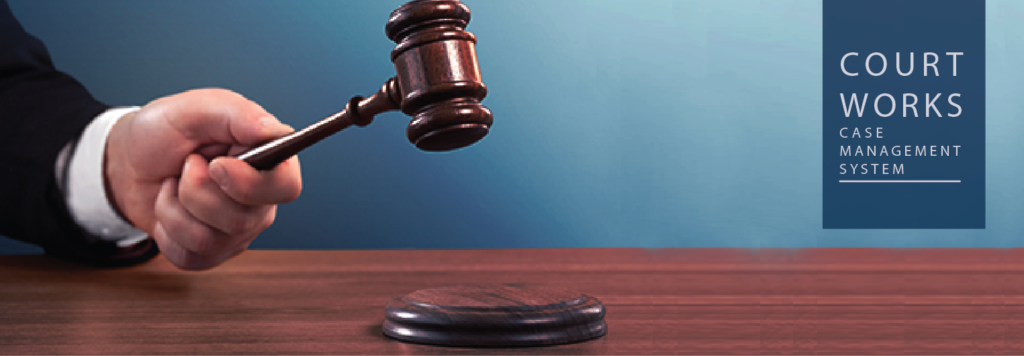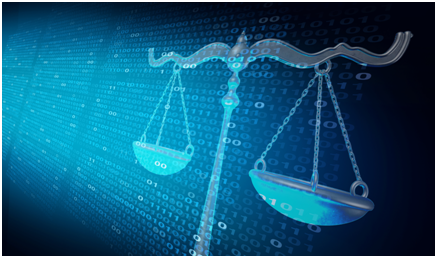Judges / Prosecutors handle a wide variety of criminal cases. They should get an awareness of how crime can be facilitated by technology and what digital evidence is and how it can be used in a case. Specialized Cybercrime Judge/Prosecutors are specialized in prosecuting/judging technology enabled crime cases or specifically cybercrime cases. They need specialized cybercrime investigations and digital evidence skills
Objective
Judges/Prosecutors handle a wide variety of criminal cases. They should get anawareness of how crime can be facilitated by technology and what digital evidence is and how it can be used in a case.
The basic level course for Judiciary track shall help the Law Enforcement Agencies gain an understanding of following subjects:
- Different types of cyber-crimes and its evolution over the years.
- Legal Challenges and Solutionswhile dealing with cyber crimes .
- Understanding what digital evidence is and what can be found by analyzing digital Evidence.
- Understanding fundamentals of technology used in investigation such as Internet Basics, Email Investigations, Social Media Basics, Open Source Intelligence (OSINT) etc.
- Fundamentals of Digital Forensic process.
The technology fundamentals and investigation of crimes using various technologies is explained through case scenarios and demonstration/simulation of tools/techniques along with Standard Operating Procedures (SOP).

Objective
Personnel associated with the Judiciary dealing with crime cases or specifically cybercrime cases need specialized technology awareness, cybercrime awareness and digital evidence skills.
The objective of this course is to provide an intermediate level understanding of the following areas:-
- Technology fundamentalsincluding computing devices, storage technologies, networking and Internettechnologies. EMail architecture, Social media platforms and Video footage technologies.
- Understanding various types of cybercrimes including identity theft, cyber bullying, stalking, various frauds, IPR infringements, website hacking, ransomware, phishing.
- Understanding of electronic evidence including device / internet evidence, volatile and non-volatile evidence, electronic logs, procedures for search & seizure including documentation .
- Understanding trans-boundary crimes and legal procedures including Budapest Convention, MLAT / LR and interaction with Internet Services Providers (ISPs) and Telecom Service Providers (TSPs).
The prerequisite for this course is Judiciary Track – Basic Level Course.
